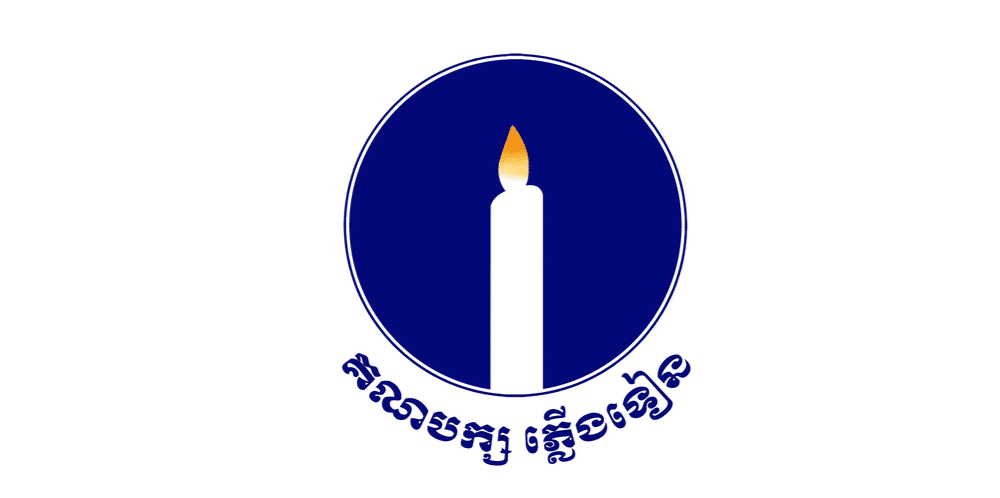Thai parties meet for coalition talks to form government
Thai opposition parties, led by the progressive Move Forward Party (MFP), held coalition talks after a decisive election victory. MFP, aiming to ally with the dominant Pheu Thai party and four smaller groups, needs over 300 seats in the lower house and a majority in the Senate to secure the prime minister’s position.
Some junta-appointed senators are opposed to MFP’s leader, particularly due to his anti-establishment stance and plans to amend royal insult laws.
The Bhumjaithai party also refused to support MFP over its stance on lese-majeste laws.











